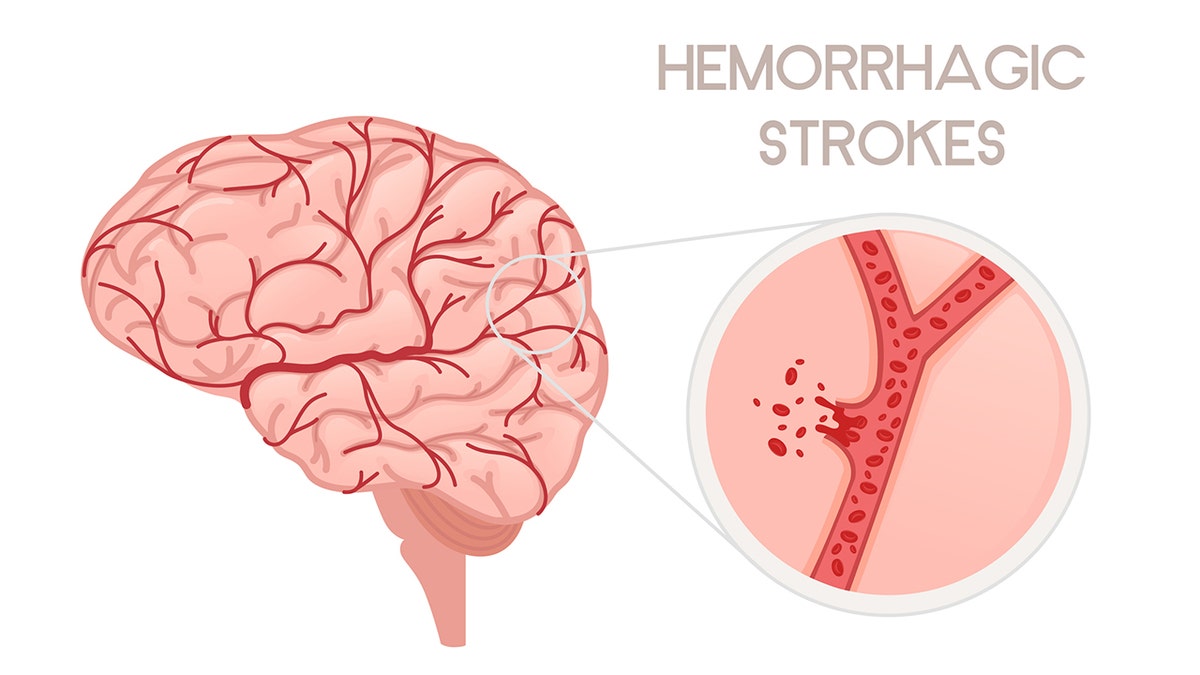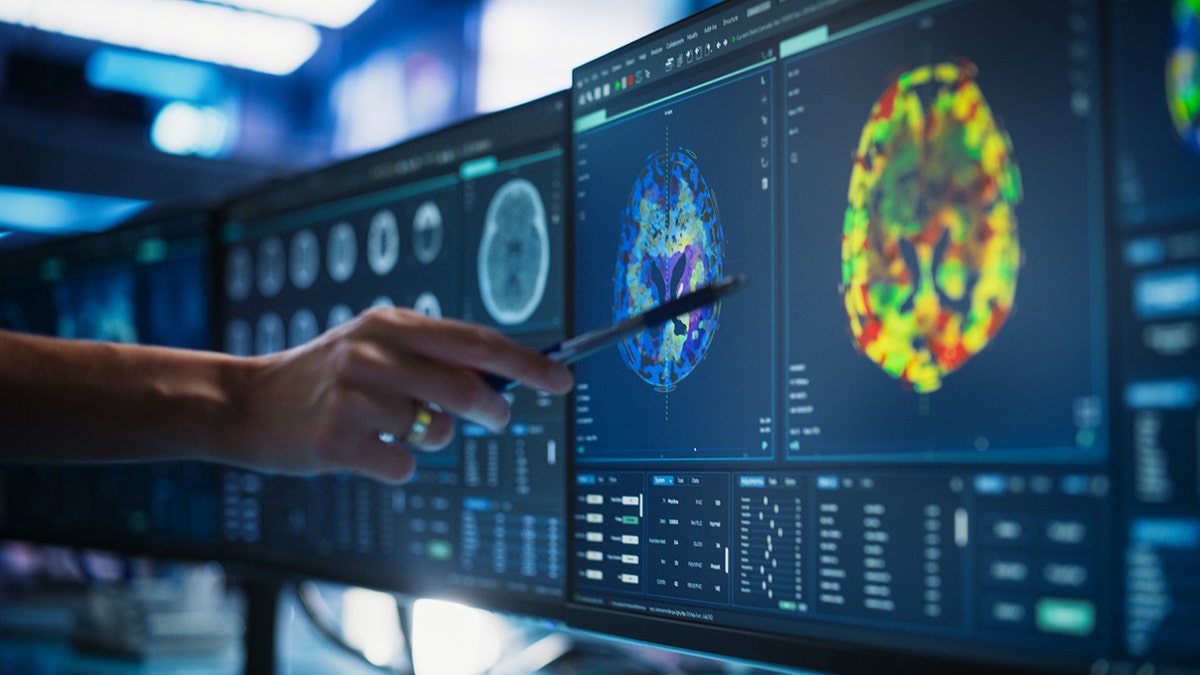Actor and Grammy winner Jamie Foxx opened up about a medical emergency that was nearly fatal.
In his Netflix comedy special, “Jamie Foxx: What Had Happened Was,” Foxx revealed that he suffered a brain bleed in April 2023 that put him into a coma for several weeks.
“I was fighting for my life,” Foxx said. “April 11, I was having a bad headache, and I asked my boy for an aspirin … before I could get the aspirin … I went out. I don’t remember 20 days.”
JAMIE FOXX SUFFERED ‘BRAIN BLEED THAT LED TO A STROKE,’ DIDN’T ‘REMEMBER 20 DAYS’ DURING WEEKSLONG COMA
Foxx received surgery to respond to the brain bleed that led to a stroke.
Foxx’s doctor at Piedmont Hospital reportedly declared, “If I don’t go in his head right now, we’re going to lose him.”
“I was fighting for my life,” Foxx said in his Netflix special as he recalled suffering from a brain bleed. (Karwai Tang)
“On May 4, I woke up. When I woke up, I found myself in a wheelchair. I couldn’t walk,” Foxx went on.
In time, and with the help of his family and faith, Foxx slowly recovered in what he considered to be a “miracle.”
For more Health articles, visit www.foxnews/health
Three months after he privately battled his “medical complication,” the actor spoke out about the matter in a video he posted to Instagram, in which he admitted he went to “hell and back.”
What is a brain bleed?
Foxx’s experience was no joke, according to Dr. Paul Saphier, M.D., a neurosurgeon and founder of Coaxial Neurosurgical Specialists in New Jersey.
In a conversation with Fox News Digital, Saphier shared the dangers of brain bleeds, or hemorrhagic stroke, which account for 10% to 15% of all strokes.
ELTON JOHN’S VISION LOSS: HOW AN EYE INFECTION CAN CAUSE BLINDNESS
The condition affects approximately 70,000 to 80,000 U.S. patients per year.
A brain bleed causes blood to pool between the brain and skull, which prevents oxygen from reaching the brain, according to Cleveland Clinic.

A brain bleed, or hemorrhagic stroke, can occur for a variety of reasons and can be deadly. (iStock)
The first symptom of a brain bleed is a sudden, severe headache, but can also include nausea and vomiting, confusion, dizziness, slurred speech, sleepiness and lack of energy.
Some potential causes of a brain bleed include head trauma, blood clots, a weak spot in a blood vessel, a brain tumor and other abnormal occurrences, per Cleveland Clinic.
‘DOES SMARTPHONE EXPOSURE CAUSE BRAIN CANCER?’: ASK A DOCTOR
They can also occur due to issues related to high blood pressure, high cholesterol, diabetes, smoking, alcohol abuse and age, Saphier stated.
“These bleeds can also be related to blood vessel issues, such as brain aneurysms and vascular malformations,” he added.

The first symptom of a brain bleed is typically a sudden, severe headache, experts say. (iStock)
As brain bleeds and heart health go hand in hand, Saphier promotes heart-healthy living as a way to decrease risk.
“For patients with a strong family history of intracranial hemorrhages, the American Heart [Association] and American Stroke Association recommend screening for brain aneurysms and vascular malformations for early detection and prevention,” the doctor noted.
Quick treatment is essential
Nearly 45% of patients with a “spontaneous intracerebral hemorrhage,” or brain bleeding, do not survive, according to Saphier.
CLICK HERE TO SIGN UP FOR OUR HEALTH NEWSLETTER
About two-thirds of these survivors reportedly do not return to their “pre-hemorrhagic stroke baseline.”
If a brain bleed is not treated quickly, it can lead to permanent damage, including memory loss, difficulty swallowing and speaking, coordination challenges, numbness or weakness in body parts, vision loss, and emotional changes, Cleveland Clinic states.

“Any type of lifestyle activities that are considered heart-healthy are also healthy for the brain and its blood vessels,” a doctor noted. (iStock)
To reduce the risk of brain bleeding, Cleveland Clinic recommends managing blood pressure, lowering cholesterol levels, maintaining a healthy weight, limiting alcohol consumption, stopping smoking, eating a balanced diet and exercising regularly.
“A general principle that I tell my patients is that any type of lifestyle activities that are considered heart-healthy are also healthy for the brain and its blood vessels,” Saphier advised.
CLICK HERE TO GET THE FOX NEWS APP
“If someone does have a strong family history of brain aneurysms, or [intracranial] hemorrhages, they should discuss [it] with a primary care doctor, as they may be a candidate for brain aneurysm screening and prevention,” he added.
Fox News Digital’s Stephanie Giang-Paunon contributed to this report.






